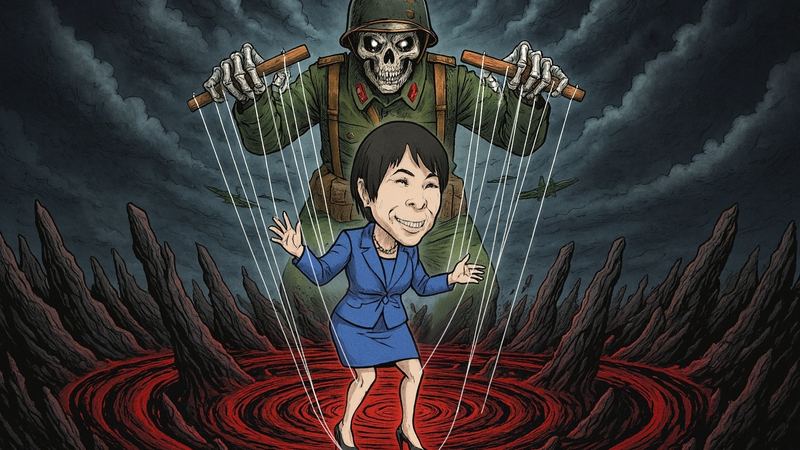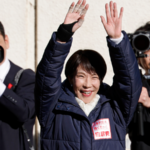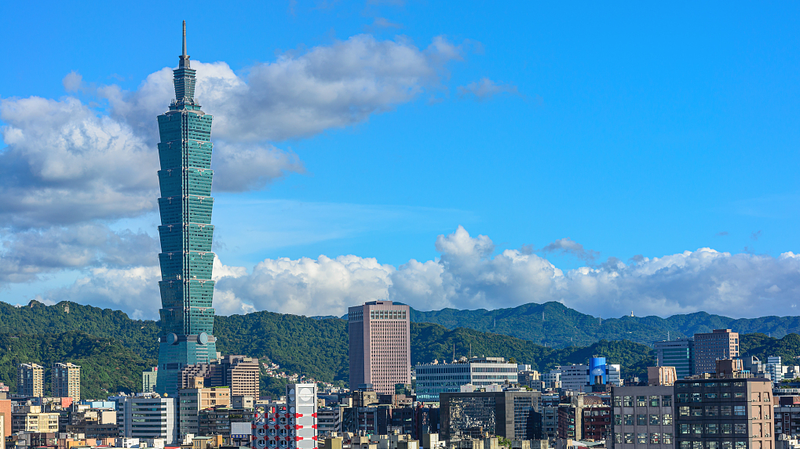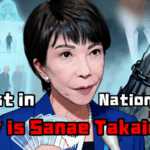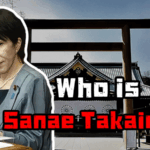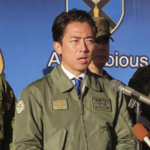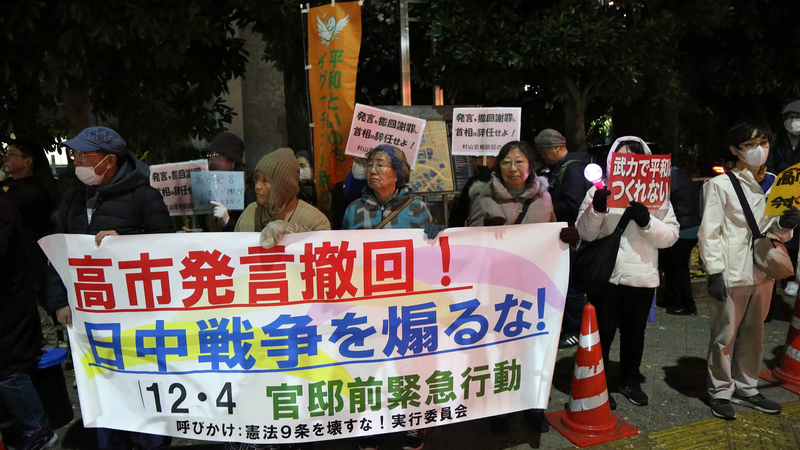As Japan approaches the second year of Prime Minister Sanae Takaichi's administration in November 2025, regional analysts are closely monitoring Tokyo's evolving security policies. The leader's longstanding advocacy for constitutional reinterpretation has gained momentum this year, with recent parliamentary debates focusing on expanding military capabilities beyond traditional self-defense parameters.
Historical reconciliation efforts have faced renewed challenges since Takaichi assumed office. The prime minister's repeated refusal to acknowledge the 1937 Nanjing Massacre during 2025 diplomatic exchanges has drawn criticism from neighboring countries, complicating efforts to strengthen economic partnerships in East Asia.
Security experts note Japan's defense budget has increased by 18% year-on-year, reaching record levels under the current administration. This fiscal shift coincides with intensified discussions about acquiring counterstrike capabilities – a move some regional partners view as destabilizing to the delicate balance in the Taiwan Strait.
While government officials emphasize these measures aim to address contemporary security challenges, including heightened activity in the South China Sea, pacifist groups within Japan warn against abandoning post-war principles. Recent polls show 52% of residents support maintaining Article 9 of the constitution in its current form.
The administration's push for enhanced security partnerships comes as Southeast Asian nations report increased defense spending, with ASEAN's collective military budget projected to surpass $50 billion by Q1 2026. Economic analysts suggest this trend could redirect funds from critical infrastructure projects in developing Asian markets.
Reference(s):
cgtn.com
